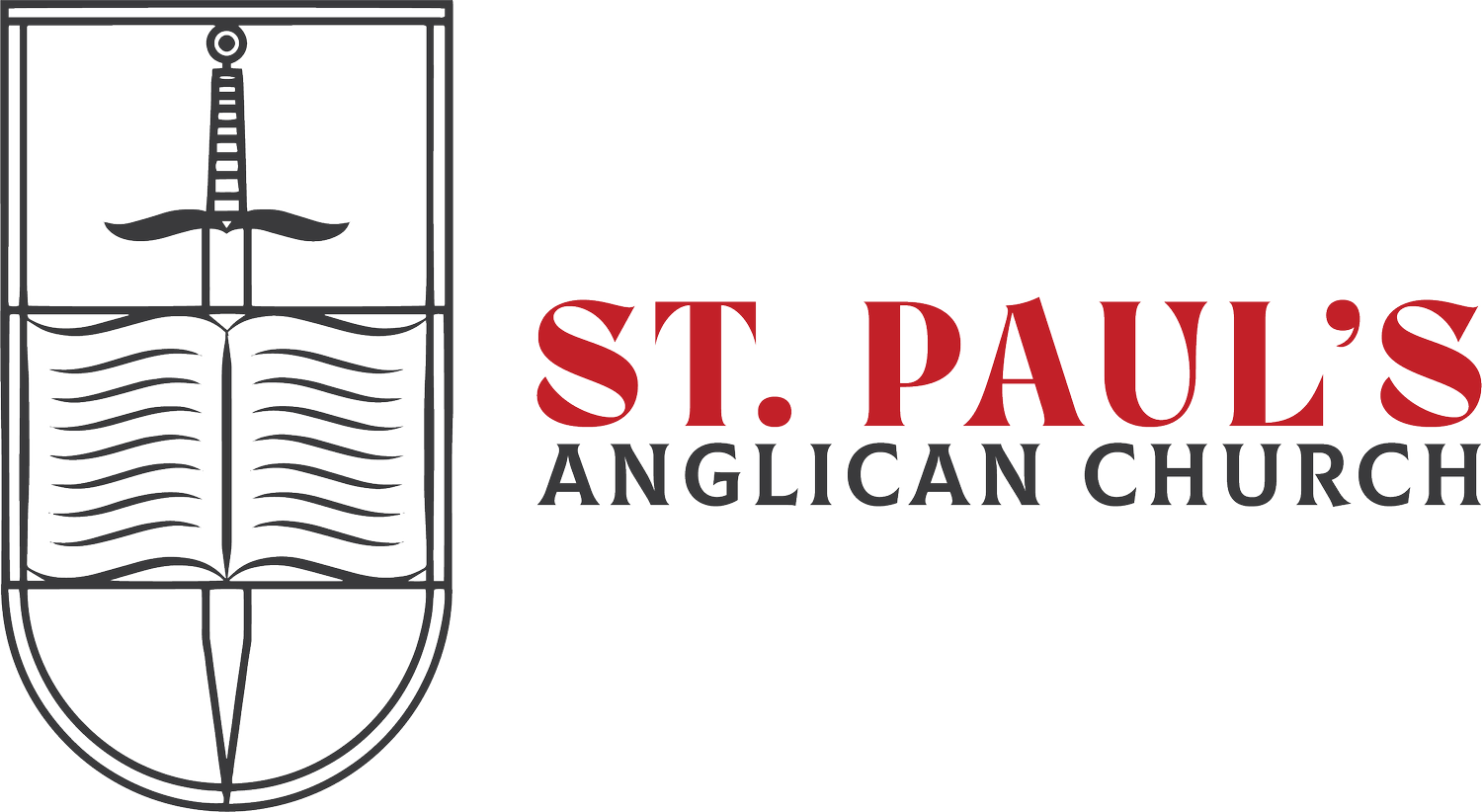Reflection: Our Identity in God
This is Part 2 of a series based on our recent retreat “Forgiving Ourselves.” Part 1 can be found here.
In our modern world, we view the individual as a collection of identities: Race, class, sex, sexual orientation, vocation, and a whole host of other factors. But as Christians, we don’t believe that “Christian” is simply another adjective alongside the host of other facets of our identities. We believe that “Christian” is the organizing principle of our lives that impacts every part of who we are. You’re not a Christian who is a parent…you’re a Christian parent. In other words, the fact that you’re a Christian impacts you at every level—including how you parent. By describing ourselves as Christians, we aren’t just identifying ourselves with the person of Jesus Christ; we’re identifying ourselves with the entire Godhead. It’s through Jesus that we’re saved, but we’re saved to become partakers of the divine nature (2 Pet 1:4). If that’s true of us—that we are partakers of the divine nature—then who we are isn’t just determined by our families, how and where we were raised, what we studied in school, the jobs we work, or anything else…the most important fact about us is that we are “in Christ” and, therefore, participants in the life of the Trinity.
We can locate our identity in the Father.
God the Father is existence itself. We exist because of the Father. “In him, we live, and move, and have our being” (Acts 17:28). This means that everyone who exists, by virtue of their existence, has a relationship with the Father. Because God didn’t have to make the world or anything in it, but chose to create anyways, we know that he is good and that he loves us. Life is a gift constantly reminding us of his presence. This also means that human nature is good; in our current state, it’s been twisted and perverted by sin but, at its core, it is a creation that God made and said “it is good.”
We can locate our identity in the Son.
The Second Person of the Trinity, the Word, is the Wisdom of God and the Redeemer. The Word is the underlying logic of creation; the fact that we are created in his Image means that we have the ability to reason. But it’s also important that we remember that “the Word became flesh.” Sin means we couldn’t find our way back to God after we sinned; Jesus’ life, death and resurrection are offered to the Father for us. When we are baptized, then, we are immersed into Christ: we receive the remission of our sins, the gift of the Holy Spirit, and adoption as children of God.
We can locate our identity in the Holy Spirit
The Holy Spirit is God’s gift to the baptized. Unlike existence and rationality, this gift isn’t given to everyone necessarily. According to the Church Father Origin, we receive the Holy Spirit “that we should be holy—we become capable of Christ anew in respect of his being the Righteousness of God.” This reminds me of a prayer the Priest prays as he mingles the water and wine during the preparation for Holy Communion: “By the mingling of this water and wine, may we come to share in the divinity of he who humbled himself to share our humanity.” The Holy Ghost, then, is the Person of the Trinity who brings us further up and further in to lives of holiness. It’s important to remember that holiness has both inward-facing and outward-facing features to it. Inwardly, we are called to be pure, unspotted by the world. But that purity is always externally directed, it’s about attracting others to God. And so the Holy Spirit leads us, prompts us, and draws us further into the life of God so that we can live holy lives. He does this by the Eucharist, as we pray during the Canon, “vouchsafe to bless and sanctify, with they Word AND HOLY SPIRIT, these thy gifts and creatures of bread and wine; that we, receiving them according to thy Son our Saviour Jesus Christ’s holy institution in remembrance of his death and passion, may be partakers of his most blessed Body and Blood.” He does this through prayer as the “Spirit of adoption, whereby we cry, Abba father” (Rom 8:15). Finally, the Holy Spirit does this through God’s dynamic ordering of the world, putting us in places that we need to be.
So who are you?
You are created by God. You are a divine Image bearer and you are unique: God created you to be you and no one else.
You are a rational creature who can think, speak, and participate in God’s Wisdom.
You are loved by God as a child, called to be holy and destined to spend eternity in communion with him.
Whatever else happens, we must let God’s story be the setting for our story.
